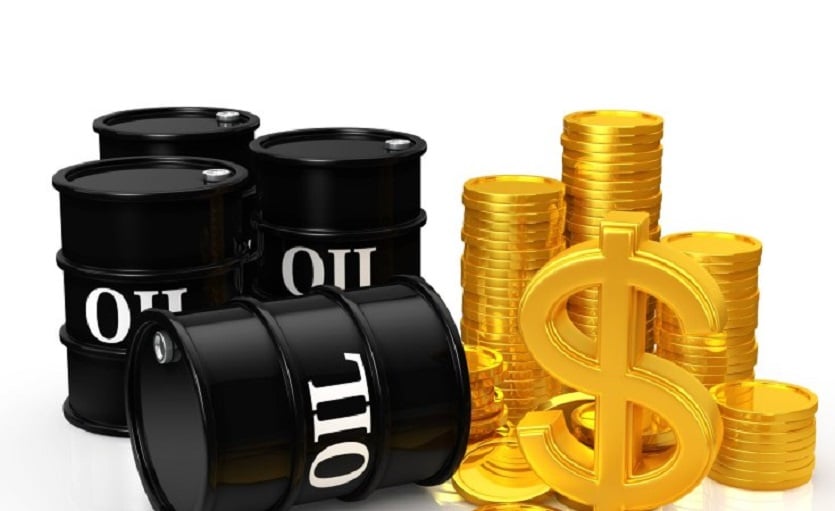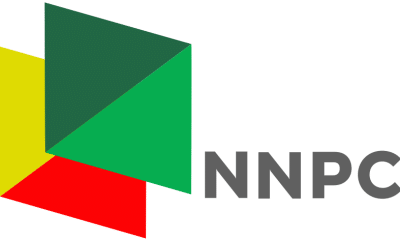Business
Concerns As Excess Crude Account Stands Still Despite NNPCL’s N907 Billion FAAC Remittance

Experts have raised concern following the discovery that the balance in the Excess Crude Account (ECA) has remained unchanged, with a balance of $474 million in the last two years despite the remittance of N907 billion to the Federal Account Allocation Committee (FAAC) by the Nigerian National Petroleum Company Limited (NNPCL).
Naija News understands that the NNPCL resumed remittances to FAAC in June 2023 after failing to do so due to huge fuel subsidy expenses.
However, in a document obtained by journalists at the end of the FAAC meeting for July 2023, the NNPCL said the balance in the excess crude account was $474 million as of June 2023, the same amount in the purse as of December 15, 2022, while it paid N907.054bn into the FAAC purse.
According to the PUNCH, the last meeting was chaired by the Accountant General of the Federation, Dr Oluwatoyin Madein.
Naija News reported earlier that from the total distributable revenue of N907bn; the Federal Government received N345bn, the State Governments received about N296bn, and the Local Government Councils received N218bn. A total sum of N47bn was shared with the relevant states as 13 per cent derivation revenue.
Very Dangerous Situation
Reacting to the unchanged balance in the ECA, Energy expert, Bala Zaka described the trend as “very dangerous and negative.”
This publication understands that the ECA is an account created to save the extra funds made anytime the country sells crude oil higher than the approved benchmark in the budget.
For example, if the crude oil benchmark was $70 per barrel and the commodity sold for $75 per barrel, the excess $5 was saved for rainy days.
Zaka, however, observed that while Nigeria had benchmarked crude oil price for 2023 at $75 per barrel, international Brent had risen to $82 per barrel last week before dropping to $80 per barrel as of Friday. It is worthy of note that Nigeria’s crude grade, Bonny Light, usually preferred by international refineries, sells +$1 above dated Brent.
The account is said to have declined by 89 per cent in the last eight years, moving from $4.1b in November 2014 to $472,513 in the same period of 2022.
The Nigerian Governments Are Not Disciplined
Speaking also on the development, a Professor of Economics at the Olabisi Onabanjo University, Ogun state, Sheriffdeen Tella, said the unfortunate situation occurred due to the government’s discipline.
Tella said: “You will recall that the Governors’ Forum kicked against the account, claiming it is their money and the Federal Government has no right to deny them of its use.
“So, if money is transferred into such an account now, the same argument will arise. It’s a practice worldwide, but Nigerian governments are not disciplined. Many are always looking for money to steal, to live big, to amass personal wealth and remain greedy.”
Meanwhile, in a separate statement released by the NNPCL Chief Financial Officer, Umar Ajiya, the firm said it also remitted N123bn(N81bn as monthly interim dividend and N42bn as 40 per cent Production Sharing Contract on profit oil) in addition to compliance on payment of royalties and taxes.
Ajiya did not disclose how much it paid in taxes and royalties.
“This clearly shows that the company under the leadership of Mallam Mele Kyari is moving in a positive trajectory as enshrined in the PIA,” the statement said.












